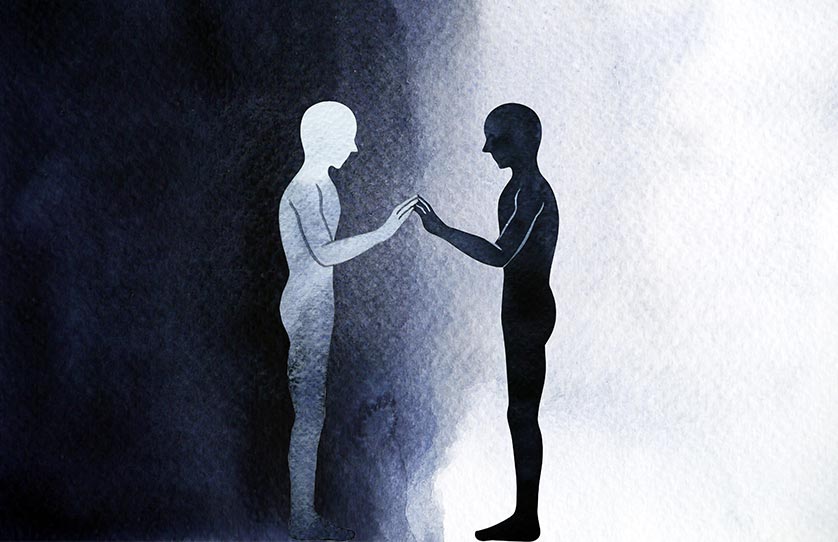Humans are naturally social creatures. We have thrived because of our connections to each other. Our inherent nature to love, our desire to be loved, and our need to be accepted have been the drive of our survival.
People with good connections experience lower rates of anxiety and depression. They have higher levels of self-esteem and self-worth. People who feel connected to others tend to be more empathic, trusting, and cooperative in their relationships.
Impact on Health
Research has shown that having good connections improves physical health and psychological well being. Social connections have significant impact on a person’s longevity. The immune system is strengthened by connections and recovery from disease and illness is faster when we feel connected. Research also indicate that lack of social connection predicts vulnerability to disease and death more than smoking, blood pressure, and physical activity.
Studies from around the world reveal feeling connected and being part of a community has a great impact on mental health as well.
- In Australia, they found that a 10% increase in community participation reduced violent crime rates by nearly 2%.
- The UK determined that people without connections have 5 times the risk of developing a mental disorder.
- Norway ascertained that social connections are linked to having a longer life and a greater ability to handle stress.
- A study in the United States identified social engagements played a key role in maintaining cognitive function and vitality in older adults.
Sense of Connection is Internal
How connected we feel to one another is comes down to our state of mind. We have the ability to feel lonely in a crowd of people we know or to feel like we belong among a group of strangers. How we perceive the connections we have has a greater impact than the number of connections we have. If we feel good about the few connections we have, we experience the benefits of increased happiness, better health, and longer life that comes from being connected.
It is important to note that brain imaging studies found that experiencing rejection triggers the same parts of the brain that are active when we feel physical pain. In other words, our need to belong is so strong that our brain reacts to a figurative slap in the face the same way it does a literal slap.
When Connection’s Denied
Our first connections in life are with the people who raised us and those initial years of development are crucial, impacting every aspect of our lives. In 1999, a study began in a Romanian orphanage that revealed just how significant an impact healthy connections play in our growth and development.
Professor Charles Nelson saw first hand the negative effects from not receiving the basic needs of love and connection most people get from their parents. He found children suffering from stunted growth and a wide range of mental and emotional problems.He believed that the lack of a nurturing provider meeting their needs led to the wiring of the brain to go awry.
He found that the odd behaviors, delayed language development, and other problems were the result of brain development issues. He further determined that the children showed lower levels of brain activity and that their brains were physically smaller than children raised with healthy connections. This difference in development was clearly the result of the neglect that occurred during the early stages of life.
Ways to Connect to Others
Every day interactions can provide opportunities to improve your connections with others. Something as simple as smiling at a stranger or complimenting a friend can boost happiness and feelings of connection, even for a moment, as briefly as it may be.
8 Ways to Improve Your Connections
- Smile
- Make eye contact
- Schedule quality time
- Listen with your heart
- Show your love
- Open Communication
- Understand on a deeper level
- Be mindful and in the moment with others

